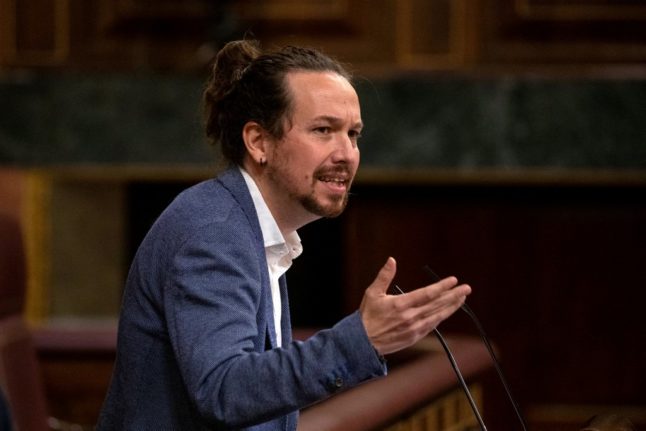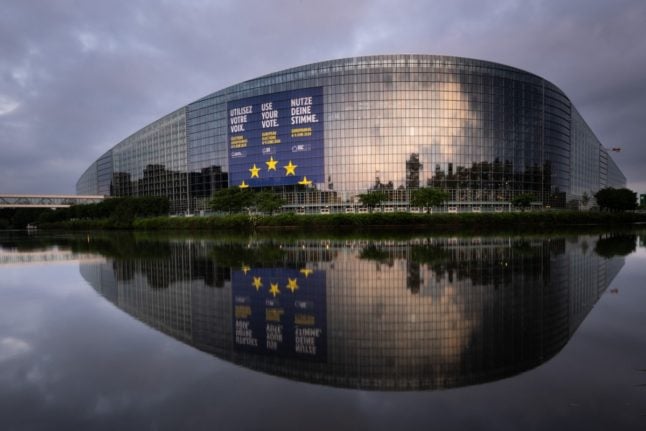“I have informed (Prime Minister) Pedro Sanchez about my decision to leave my post in government when the campaign begins,” he said in a video message posted on social media referring to elections scheduled for May 4.
The pony-tailed former professor of political science took up his position as one of four deputy prime ministers in January 2020, leading Podemos into the government for the first time since it was formed in 2014.
— Pablo Iglesias 🔻 (@PabloIglesias) March 15, 2021
His surprise announcement came a day after a regional court confirmed the snap poll, which was called last week after the collapse of the region’s ruling coalition, which groups the rightwing Popular Party (PP) and the centre-right Ciudadanos.
The decision to call early elections was taken by the PP’s Isabel Diaz Ayuso, who resigned as Madrid’s regional leader on Wednesday, breaking the coalition deal with Ciudadanos and raising questions as to whether other regional rightwing tie-ups would follow suit.



 Please whitelist us to continue reading.
Please whitelist us to continue reading.
Member comments